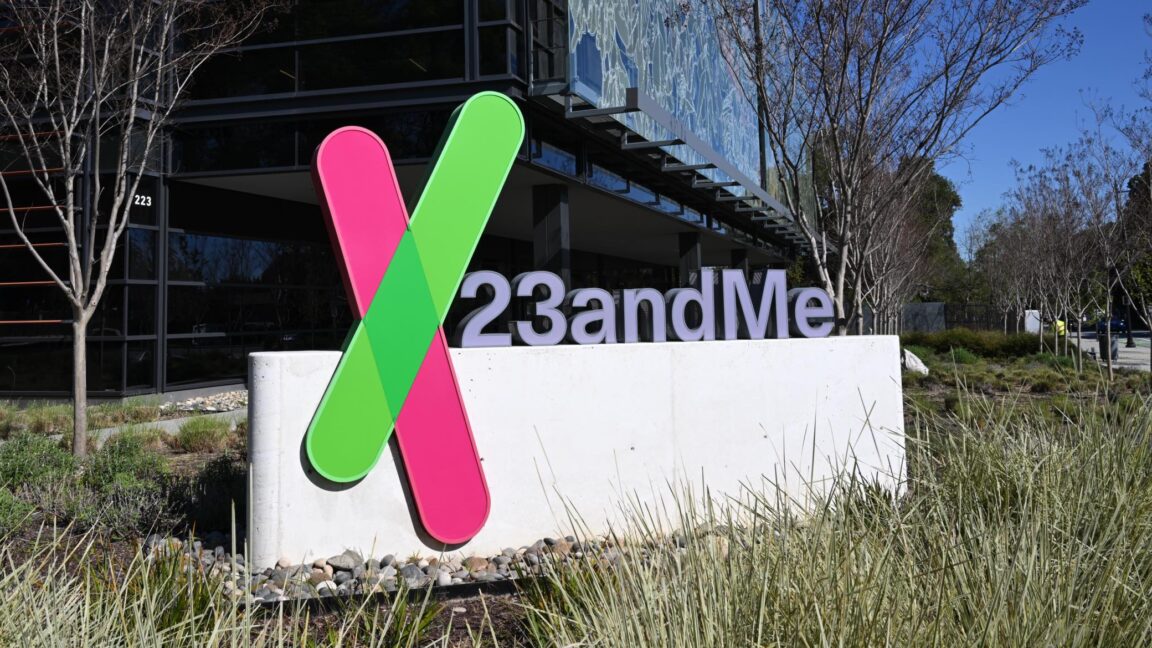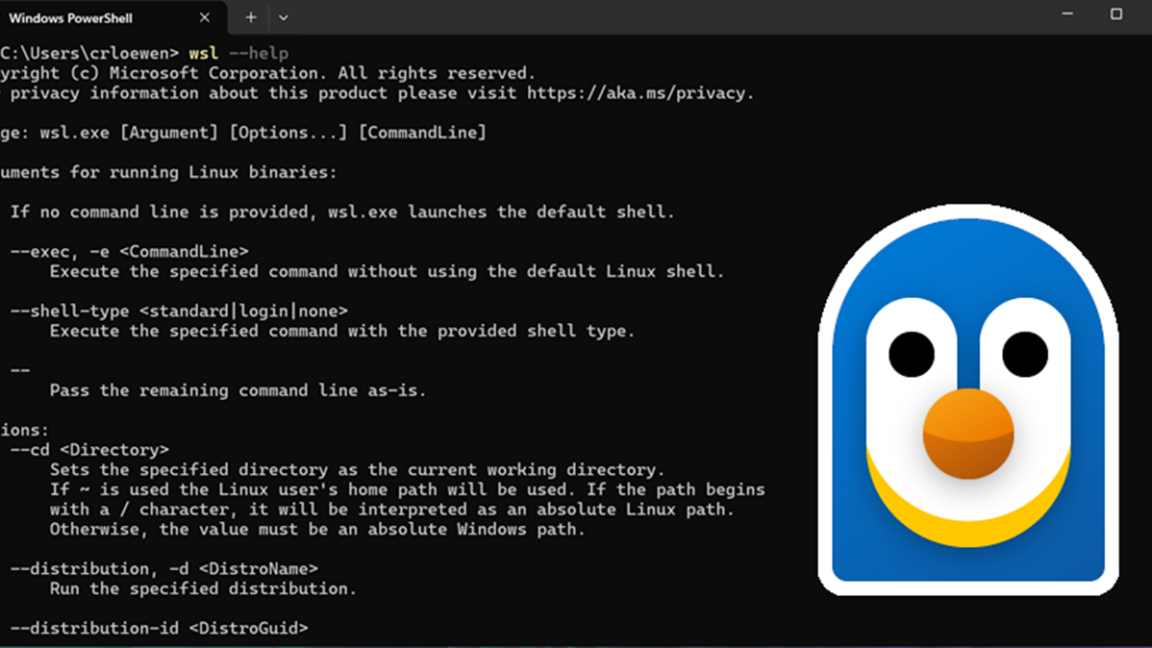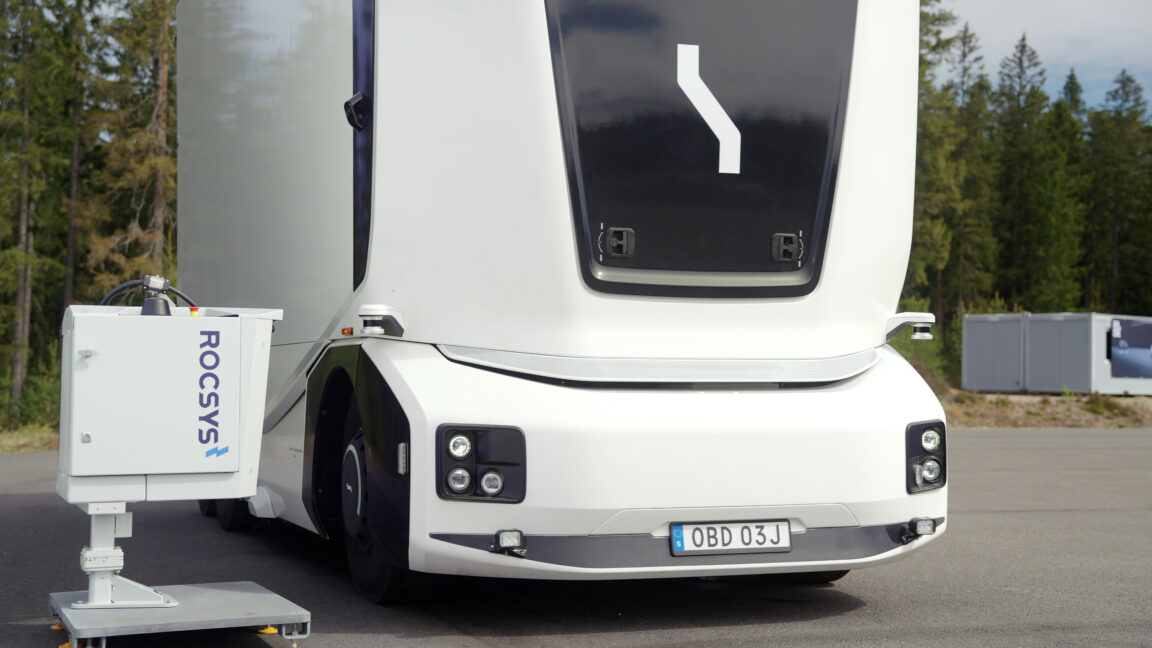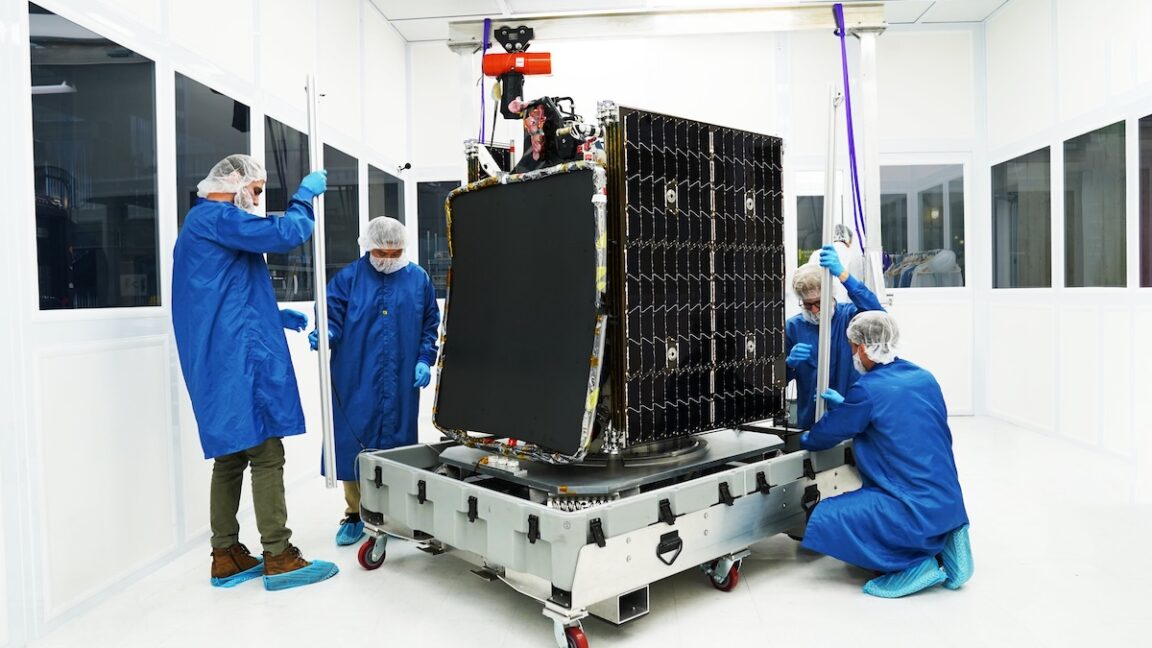
Texas-based startup Campus Guardian Angel hires professional drone racers, military veterans and former law enforcement officers to combat school shooters with on-campus drones piloted from a surveillance hub in Austin.Retired Navy SEAL Bill King and defense tech entrepreneur Justin Marston believe drones that can swarm, pepper spray and pummel a school shooter in seconds could save lives, and their startup in Texas is ready to deploy them.Launched in December 2023, they said, Campus Guardian Angels security plan involves the strategic placement of drones inside a school building though theyll only fly when theres an active shooter alarm then connecting them to a digital map of the school with integrated sensors and surveillance cameras, and having a remote drone response team on standby.
Marston said theyre piloting the technology in several private schools this summer and public schools this fall.Its like having a SEAL team in the parking lot, he said.
You hope youre never going to need it, but if you do, youre going to be really thankful its there.King said he planned and executed in-person hostage rescues as well as remote predator drone strikes during his 32 years as a SEAL.
For Campus Guardian Angel, he said he is starting with four tactical response teams in four command-and-control rooms and will scale from there as necessary.In Texas, were building four rooms and four teams so we can handle four things simultaneously, King said.
I cant find anywhere in the data that shows me Texas has ever gotten close to that, so were pretty confident we can protect every school in Texas with that configuration.Marston said the company recruits from a pool of former military and SWAT team veterans and that each remote response team has 11 members, four of whom are drone pilots.
He added that some of the best drone-racing pilots in the U.S.
have come to work for Campus Guardian Angel.They all have roles just the same as in a SOF [special operations forces] tactical operation center, Marston said.
We have somebody whose job is to track the threat; we have a commander who is doing command and control, whos saying where the threat is and helping vector the pilots to it; we have somebody watching all of their cameras and picking the best camera angles to share with law enforcement and ourselves; and then we have liaisons to teachers, students and parents.The goal, he said, is to respond within five seconds of an active shooter alarm, be on the shooter in 15 seconds and degrade or incapacitate the shooter in 60 seconds.
Marston said they were able to prove that this is possible during their first school demonstration last spring, where three special forces shooters acted as assailants.We kind of proved to ourselves in May last year that this is going to work, he said.
It was really clear that waves of these little low-cost drones could overwhelm even elite special forces guys.Justin Marston, CEO and Founder of Campus Guardian Angel, commented:Campus Guardian Angel brings the expertise of elite special forces operators and highly trained law enforcement personnel to an immediate response in every school in Texas and across the nation.
Our innovative approach grants first responders the most valuable resource they need when responding to an emergency: time.According to, Bill King, a 32-year Navy Seal veteran and Campus Guardian Angels Chief Tactical Officer and Co-founder:The unique advantage of our service is that we are focused on confronting and incapacitating a shooter as quickly as possible to minimize the loss of life.
We look forward to working with law enforcement officials, school districts, parents, teachers, and students to implement this service that will keep schools safe and protect lives.The company has demonstrated the service in several Texas school districts since then, Marston said, and is now branching out to schools and universities in other states as well.
They have also been meeting with state and federal lawmakers to discuss school security bills that could help fund the technology in lieu of, or in addition to, armed campus officers.If you dont have anybody, we will be the front line of defense that keeps that shooter busy until other people get there, Marston said.
If you do have people on site, were going to be a massive force multiplier to them.The service costs $4 per month per student, and the drones themselves are $15,000 for a box of six, Marston said.
According to the companys website, the drones can fly 30 to 50 miles per hour indoors and 100 miles per hour outside, and theyre equipped with pepper spray guns, front lances to break through windows, sirens, flash-bang devices and two-way communication.King said making it known that Campus Guardian Angel is in place can also act as a deterrent to prevent potential attacks, as school shooters often have a specific vision for the attack and want it to go the way they plan.If you know that the systems in there, then you know that its not going to go your way, he said.
And so maybe youll decide to do something else with your life that day.Sources: Campus Guardian Angel; government technology

 8
8
















